Home>Articles>How to Manage Unexpected Costs During Home Renovations
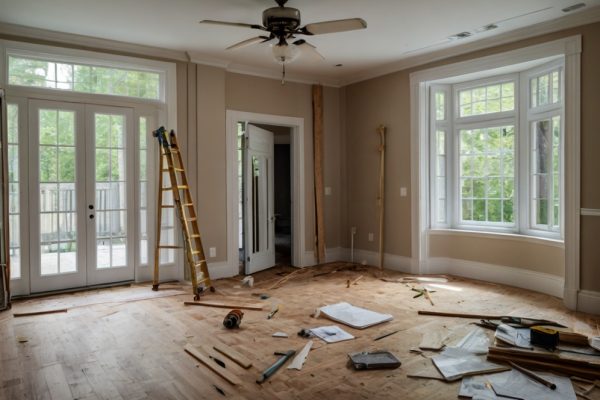

Articles
How to Manage Unexpected Costs During Home Renovations
Modified: October 20, 2024
Learn how to manage unexpected costs during home renovations with smart budgeting, contingency planning, and effective communication with contractors.
(Many of the links in this article redirect to a specific reviewed product. Your purchase of these products through affiliate links helps to generate commission for Storables.com, at no extra cost. Learn more)
Home renovation projects can be both thrilling and overwhelming for homeowners, as the excitement of transforming your living space can quickly be tempered by unexpected costs. Renovation projects often incur unforeseen expenses that disrupt even the most carefully planned budget. From hidden structural issues to fluctuating material prices, the financial uncertainties of home renovations require careful management to avoid straining your finances.
Successfully navigating these challenges requires strategic planning and proactive measures to keep your renovation on track. By anticipating potential issues and addressing them before they escalate, you can maintain control over your budget and ensure that your renovation project meets your vision and financial constraints. Let’s explore practical strategies to help you effectively manage unexpected costs during home renovations.
Create a Detailed Budget
A well-planned budget is essential for any successful renovation project. Start by outlining all expected expenses, including materials, labor, permits, and any additional costs associated with your renovation. Be thorough in your planning by researching average expenses for your work.
Once you have a clear picture of your anticipated expenses, add a buffer of at least 10-20% to cover unforeseen costs. This contingency fund is essential as it provides a financial cushion for unexpected expenses that may arise during the renovation process. Creating a detailed budget with a built-in buffer will allow you to maintain control over your finances and reduce the risk of overspending.
Read more: Where To Live During Home Renovation
Research Contractors Thoroughly
Selecting the right contractor is a critical step in managing renovation costs. Research potential contractors meticulously by checking their credentials, reading reviews, and requesting references from previous clients. Comparing multiple contractors allows you to assess their pricing and understand the value they offer.
Be careful with unusually low quotes, as these may indicate hidden fees or subpar workmanship. A well-vetted contractor will provide transparent pricing and detailed contracts that outline all costs and services. Investing time in this research phase can help you avoid unexpected expenses due to poor-quality work or unforeseen additional charges.
Prioritize Essential Repairs
It’s important to address essential repairs before moving on to cosmetic improvements when renovating. Prioritizing critical repairs, such as structural or plumbing problems, ensures that minor issues do not escalate into more significant and costly problems. For instance, fixing a leaky roof or addressing faulty wiring should precede aesthetic upgrades.
Focusing on these foundational repairs first can prevent further damage and the need for more extensive and expensive fixes later on. This approach helps manage your budget effectively by ensuring that you allocate funds to the most crucial aspects of your renovation.
Monitor Progress Regularly
Regularly monitoring the progress of your renovation project is vital for managing unexpected costs. Frequent check-ins allow you to stay informed about the work and catch any issues early. If problems arise, such as delays or deviations from the original plan, addressing them promptly can prevent costly repercussions.
Communicate frequently with your contractor and ensure the work meets your expectations and budget. By staying engaged and proactive, you can identify potential issues before they escalate and make necessary adjustments to keep the project on track and within budget.
Keep an Emergency Fund
An emergency fund is a crucial component of financial planning during renovations. Setting aside a separate emergency fund for unexpected renovation expenses helps you manage costs without disrupting your overall budget. This fund provides a safety net for unforeseen expenses, such as additional repairs or changes to the scope of work.
In cases where you need to fund an emergency repair, such as burst pipes, roof leaks, or foundation cracks, your emergency fund will come in handy. However, emergency funds are not unusual to run out, mainly if you have already used them earlier in the year for other emergencies.
In the event that your emergency fund is insufficient, consider applying for an online loan through a reputable platform. For instance, a lending company like MoneyKey that facilitates online loans can be helpful during this time. MoneyKey streamlines the borrowing process. Borrowing from a trusted lender ensures access to the funds you need while maintaining control over your financial situation.
Negotiate with Suppliers
Negotiating with suppliers can significantly impact your renovation budget. Discussing possible discounts or better terms with suppliers can help reduce material costs and save on overall expenses. Suppliers may offer discounts for bulk purchases or provide more favorable payment terms if you ask.
Exploring alternative suppliers or seeking recommendations from your contractor can lead to cost savings. You can manage your renovation costs more effectively and stay within your budget by actively negotiating and exploring options.
Plan for Permits and Inspections
When embarking on a home renovation, factoring in the costs and requirements for permits and inspections is essential. Depending on the scope of your project, local regulations may require various permits to ensure that the work complies with building codes and safety standards. Failing to obtain the necessary permits can lead to fines, delays, or complications when selling your home in the future.
Sometimes, people overlook costs that could contribute to a portion of the overall project, such as a building permit. A building permit for minor tasks like plumbing, electrical work, fences, windows, and decks ranges from $50 to $300. The permit cost is between $500 and $2,000 for more significant projects.
Inspections may be required to verify that the work is completed to code. Incorporate these potential costs into your budget and schedule to avoid unexpected financial strains. Being aware of and planning for these requirements helps ensure that your renovation proceeds smoothly and within legal and safety standards.
Consider DIY for Minor Tasks
Handling minor tasks yourself can be a cost-effective way to manage renovation expenses. Simple tasks such as painting, landscaping, or assembling furniture can be done independently, saving labor costs.
However, it’s essential to leave significant work, such as electrical, plumbing, or structural changes, to professionals. Attempting complex tasks without the necessary expertise can lead to costly mistakes and potential damage. By balancing DIY efforts with professional help, you can control costs while ensuring that critical aspects of the renovation are completed to a high standard.
Conclusion
Managing unexpected costs during home renovations involves careful planning and proactive measures. Creating a detailed budget with a contingency fund, thoroughly researching contractors, prioritizing essential repairs, monitoring progress regularly, keeping an emergency fund, negotiating with suppliers, and considering DIY for minor tasks are all effective strategies. By implementing these practices, you can navigate the complexities of renovation projects with greater confidence and financial control.
Was this page helpful?
At Storables.com, we guarantee accurate and reliable information. Our content, validated by Expert Board Contributors, is crafted following stringent Editorial Policies. We're committed to providing you with well-researched, expert-backed insights for all your informational needs.
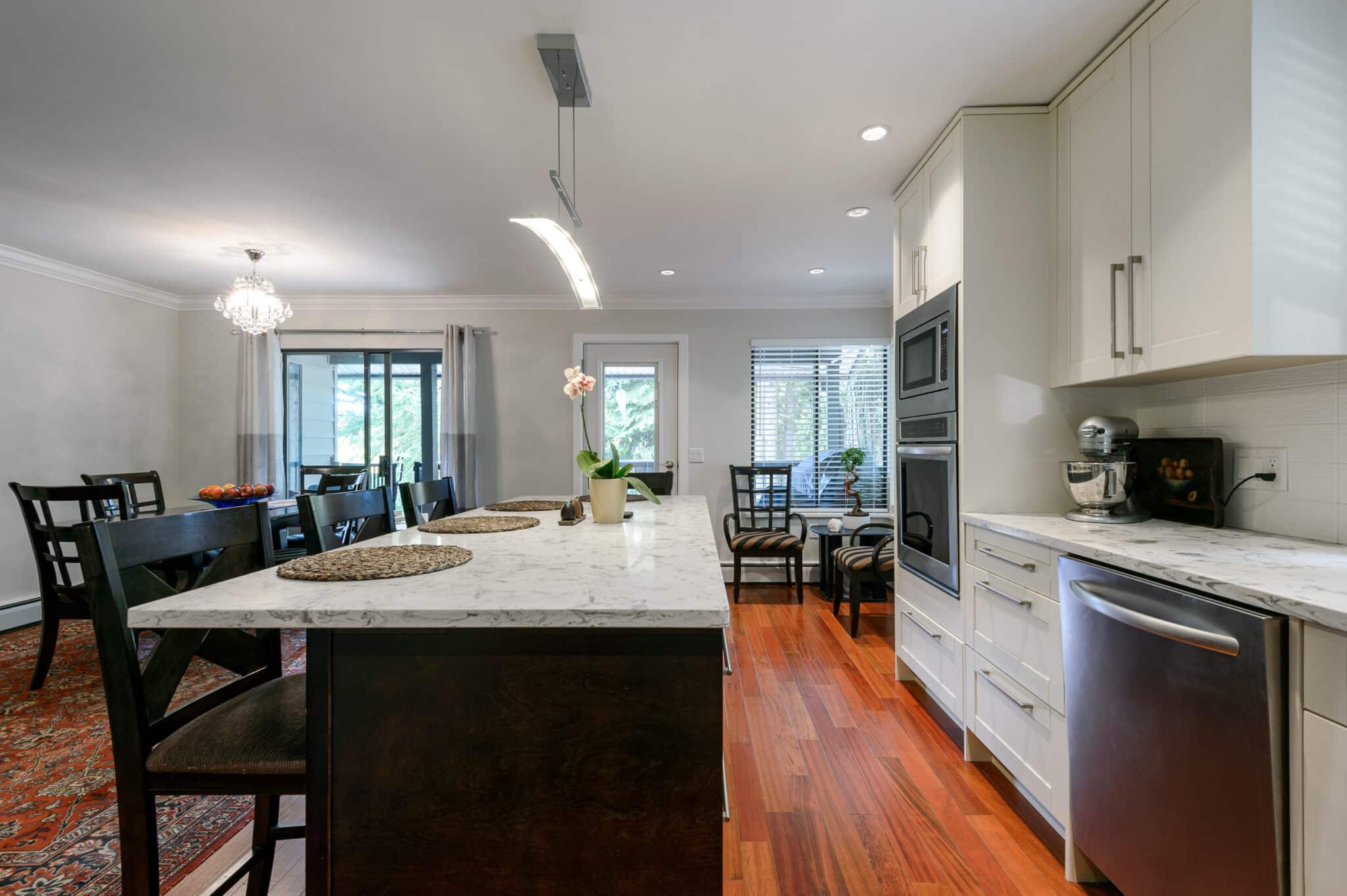

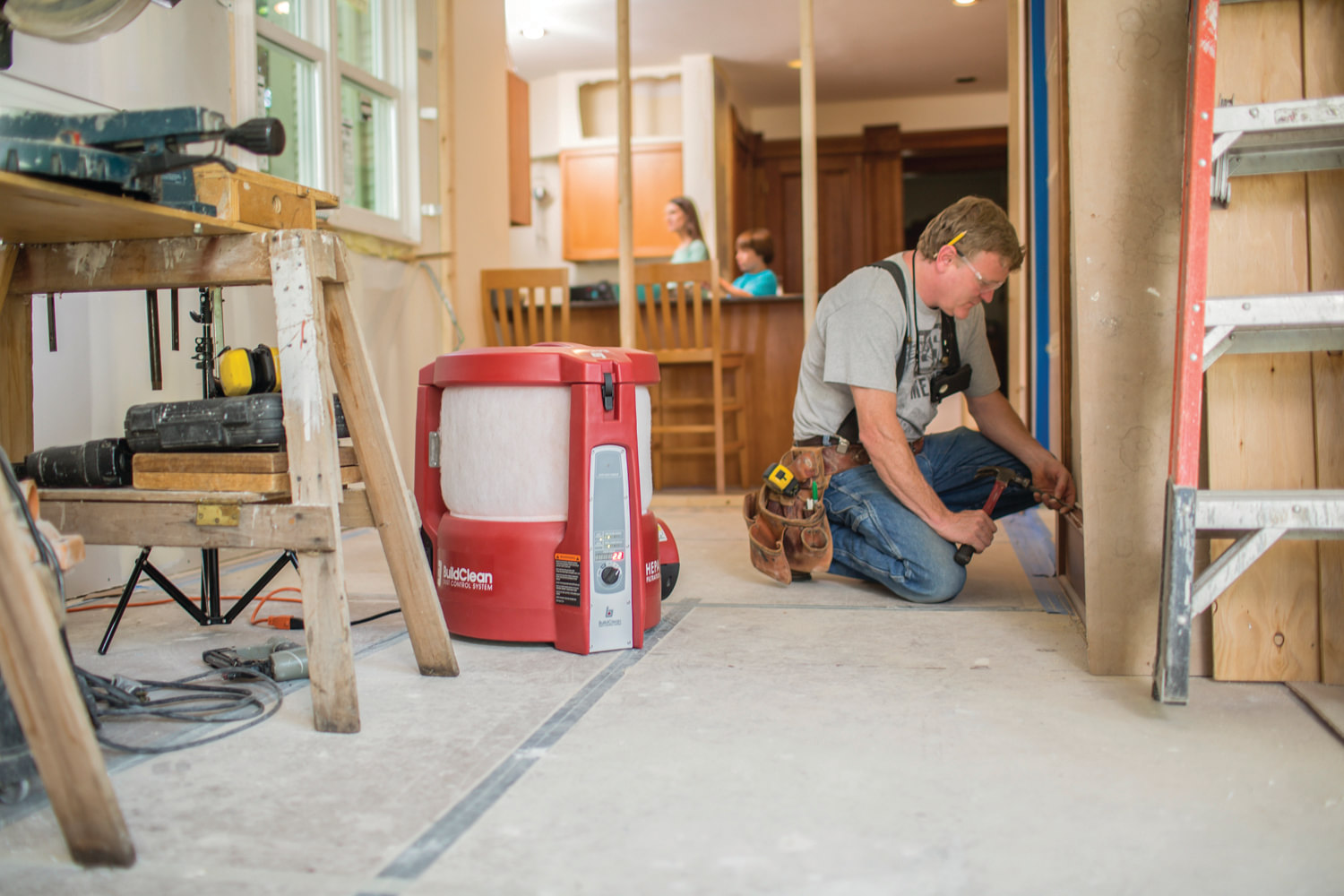

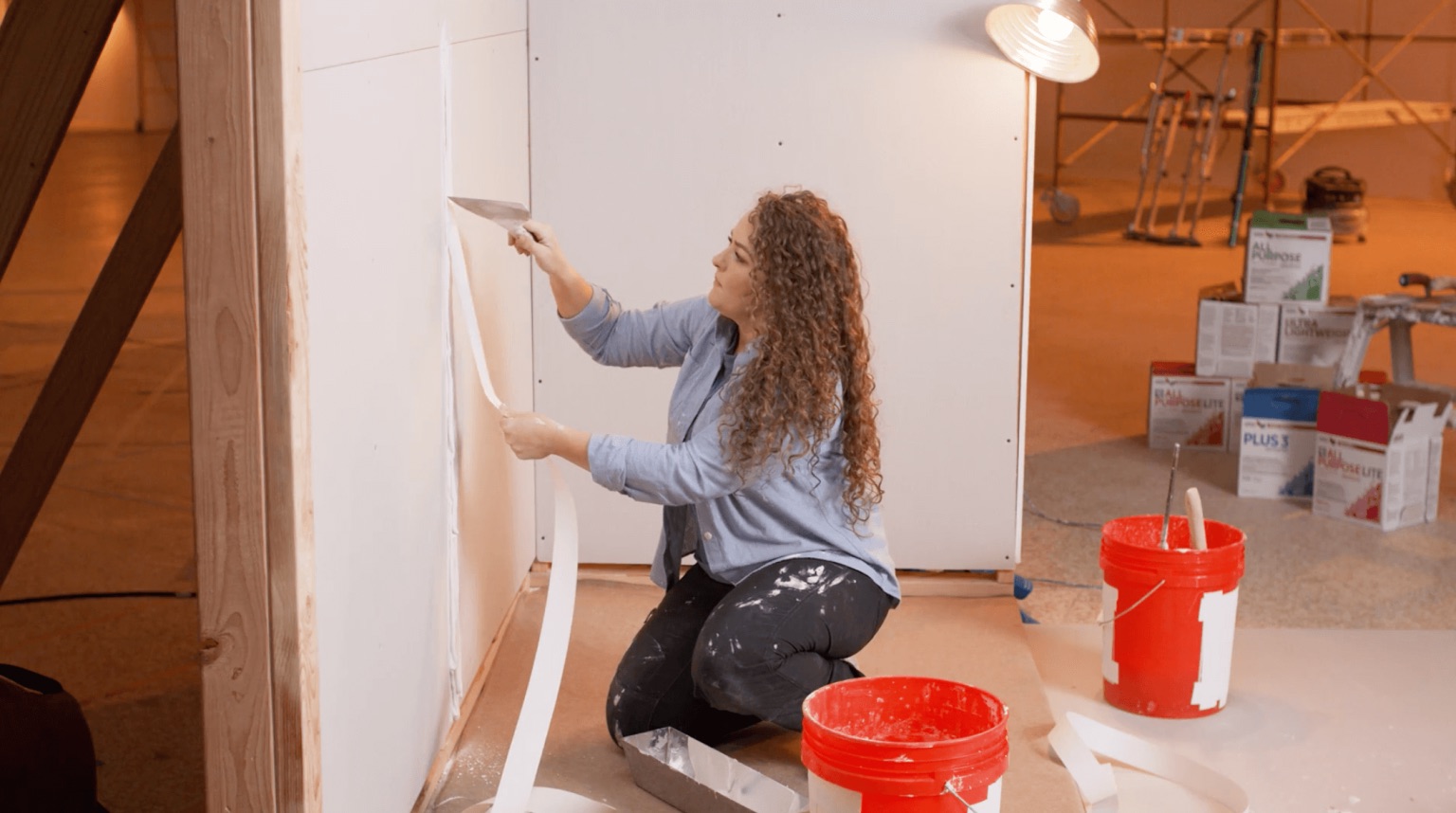
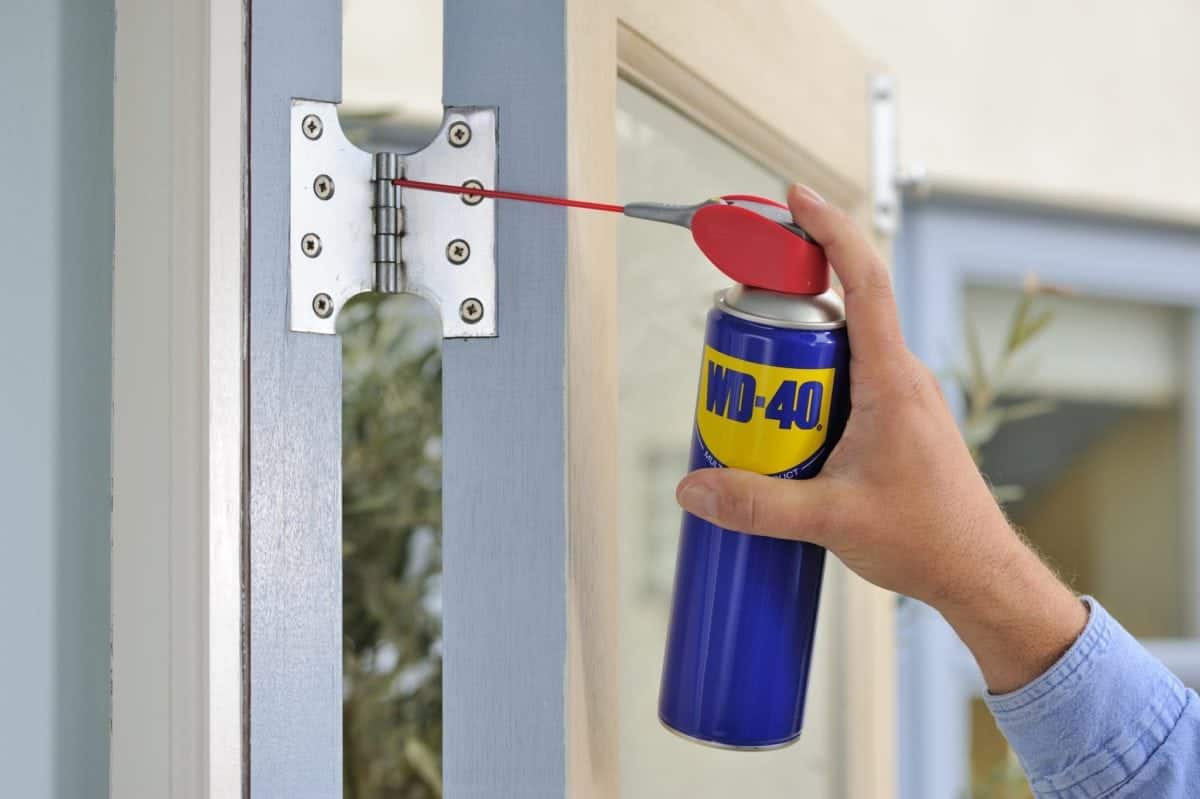
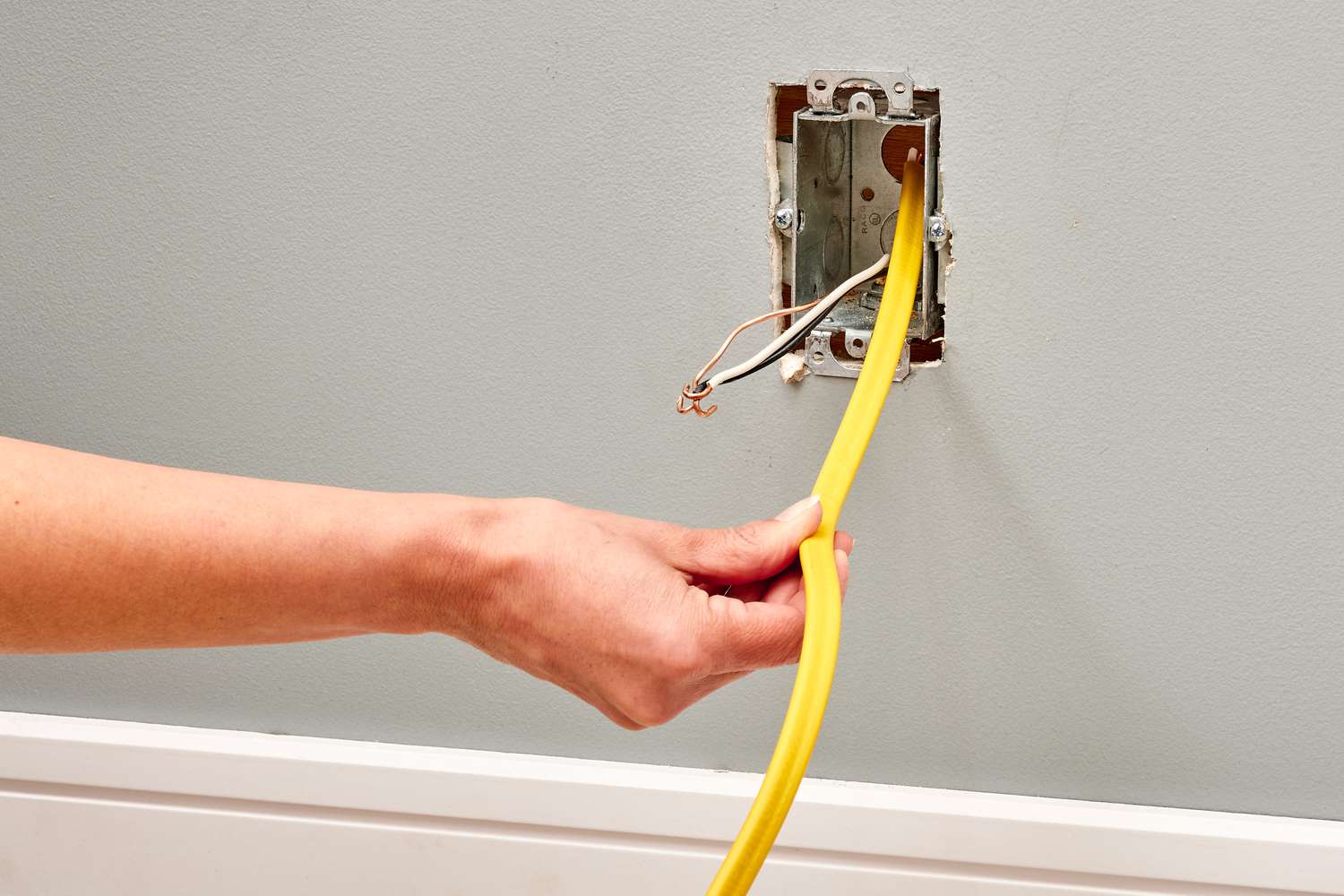

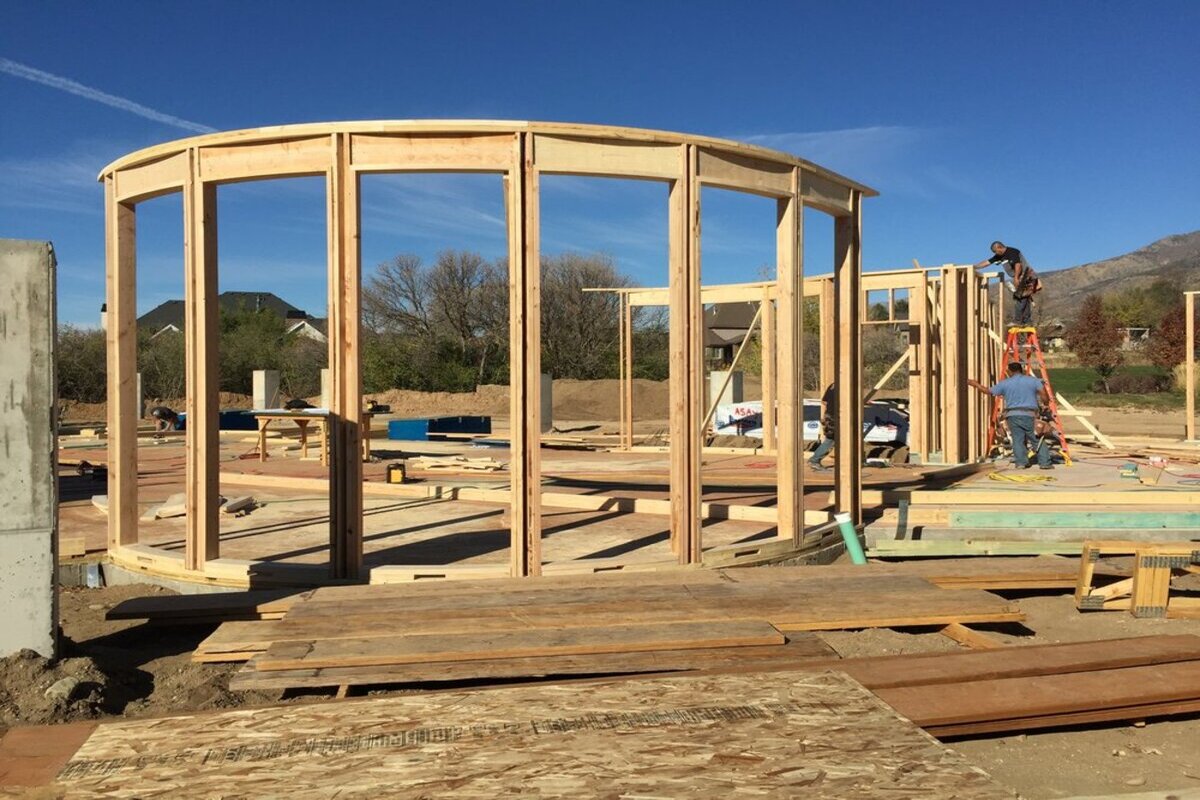
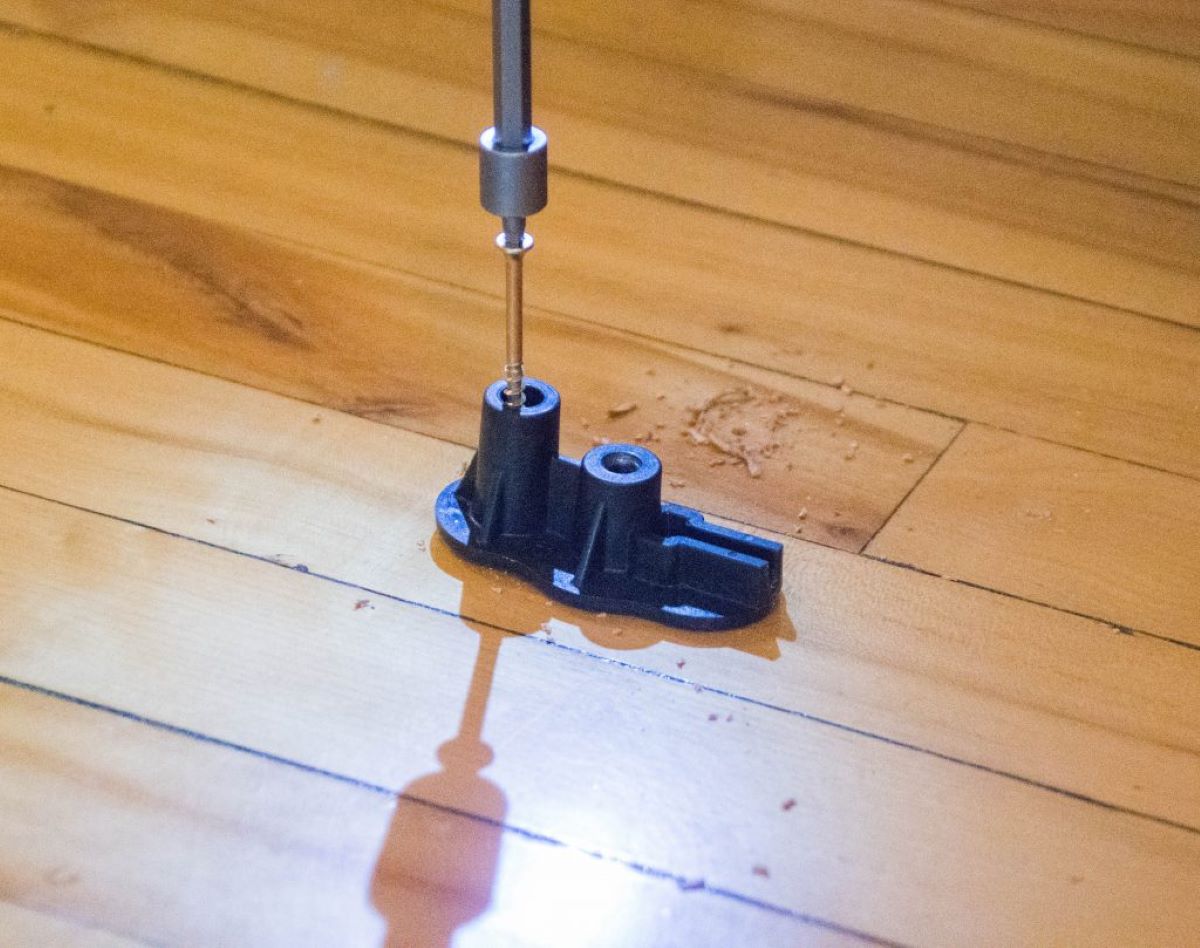
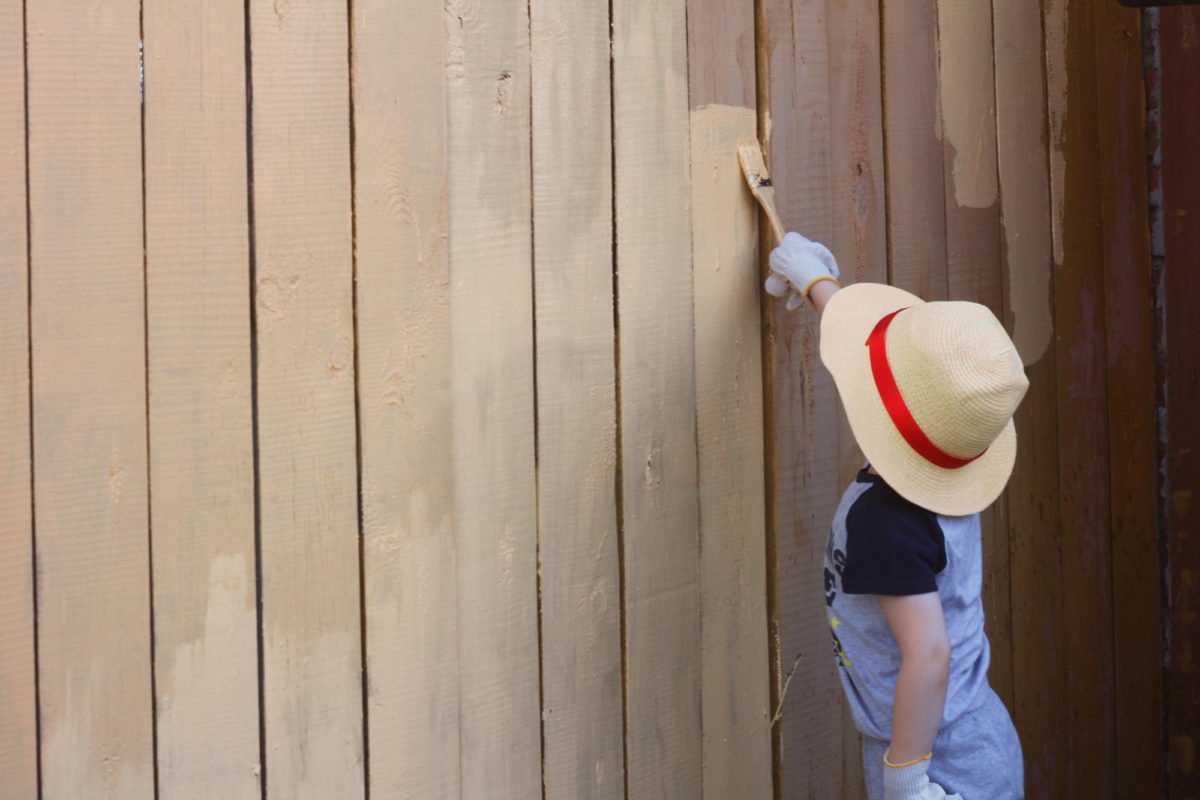


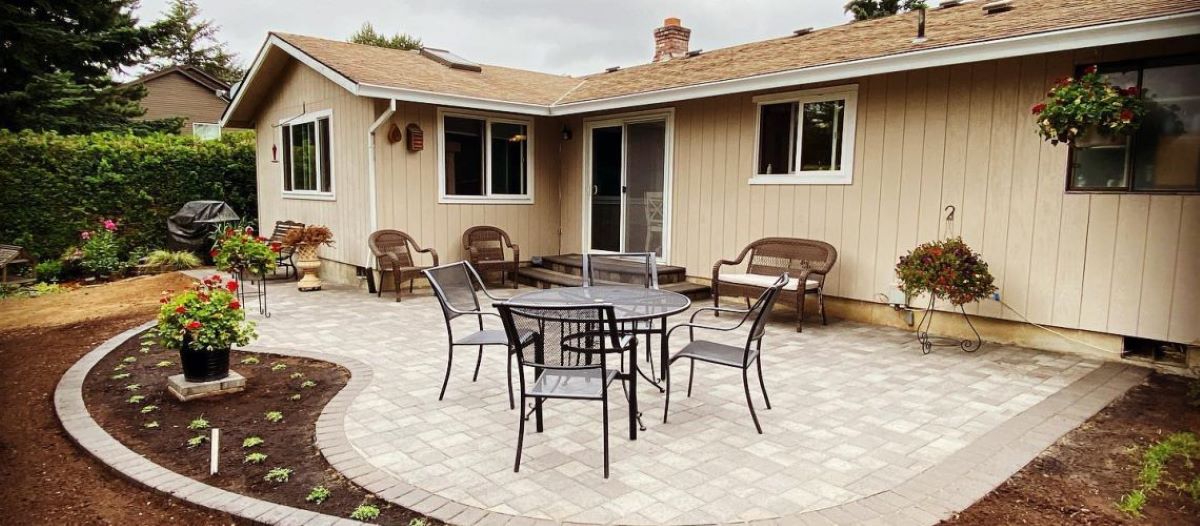

0 thoughts on “How to Manage Unexpected Costs During Home Renovations”